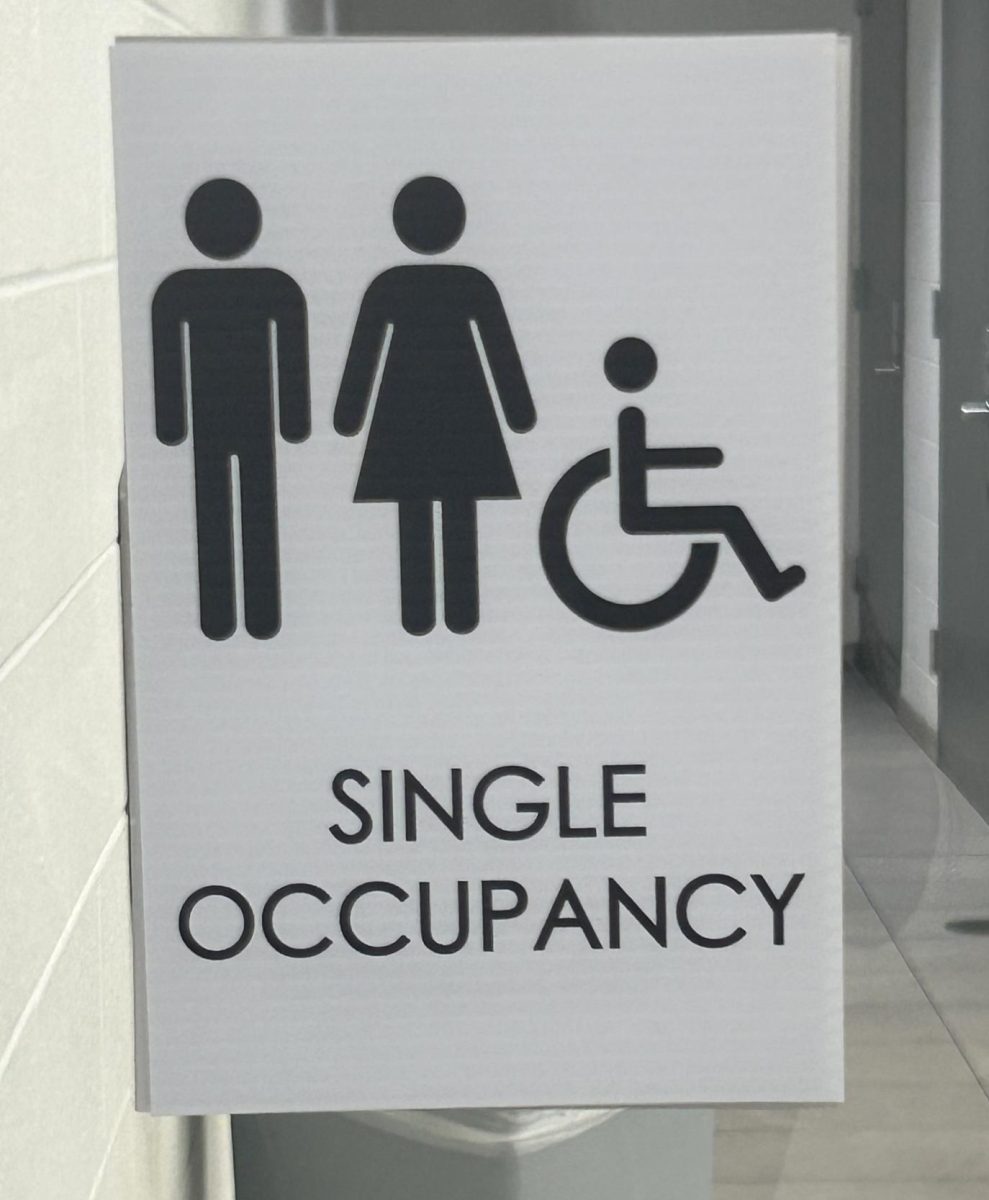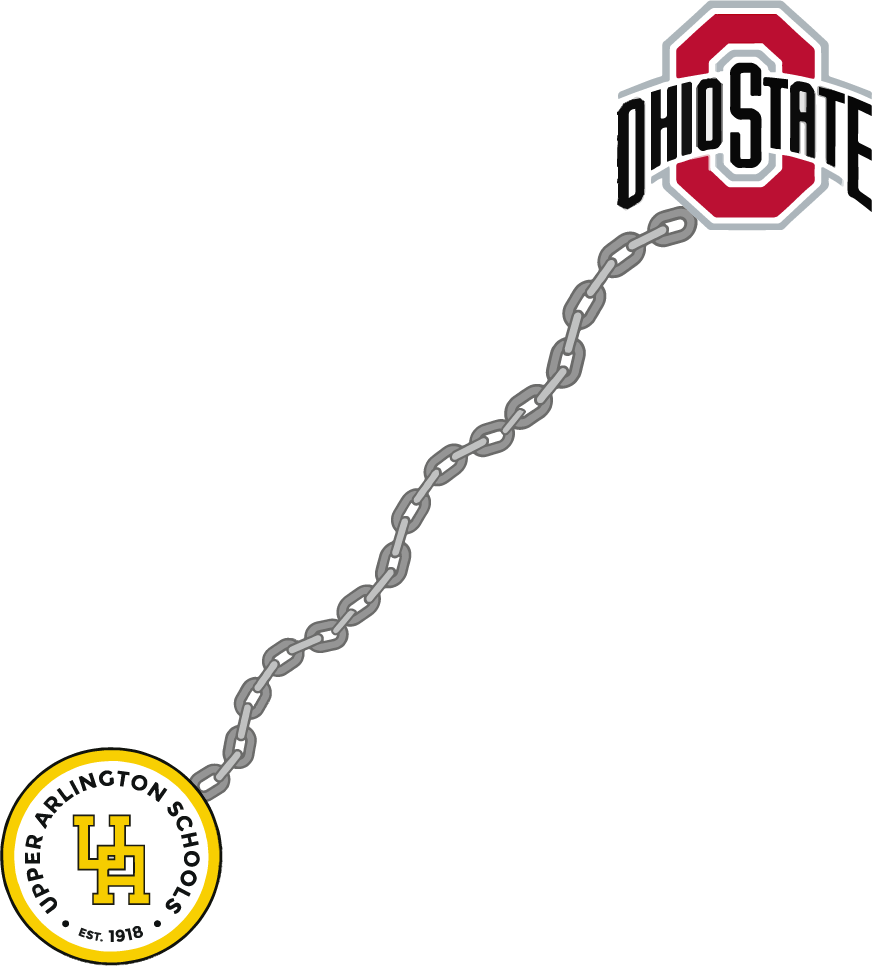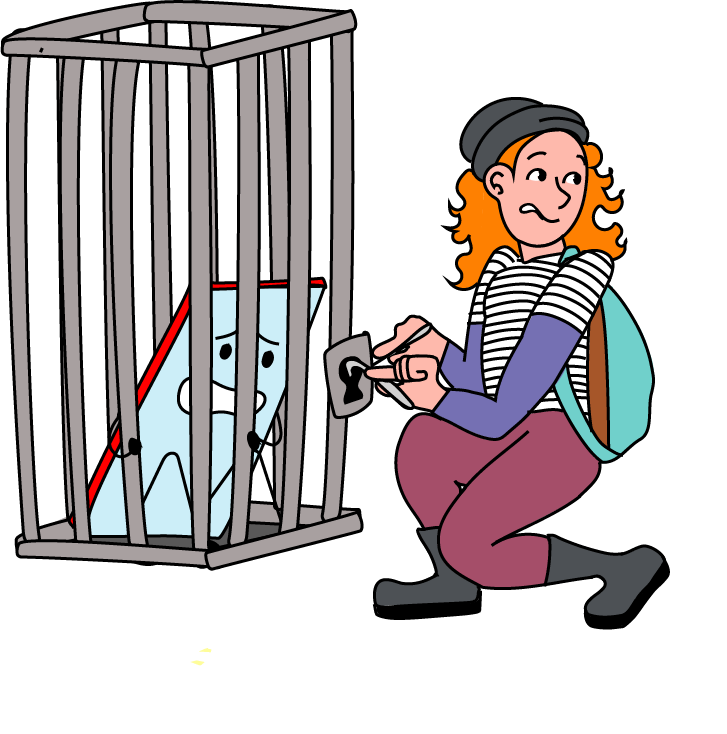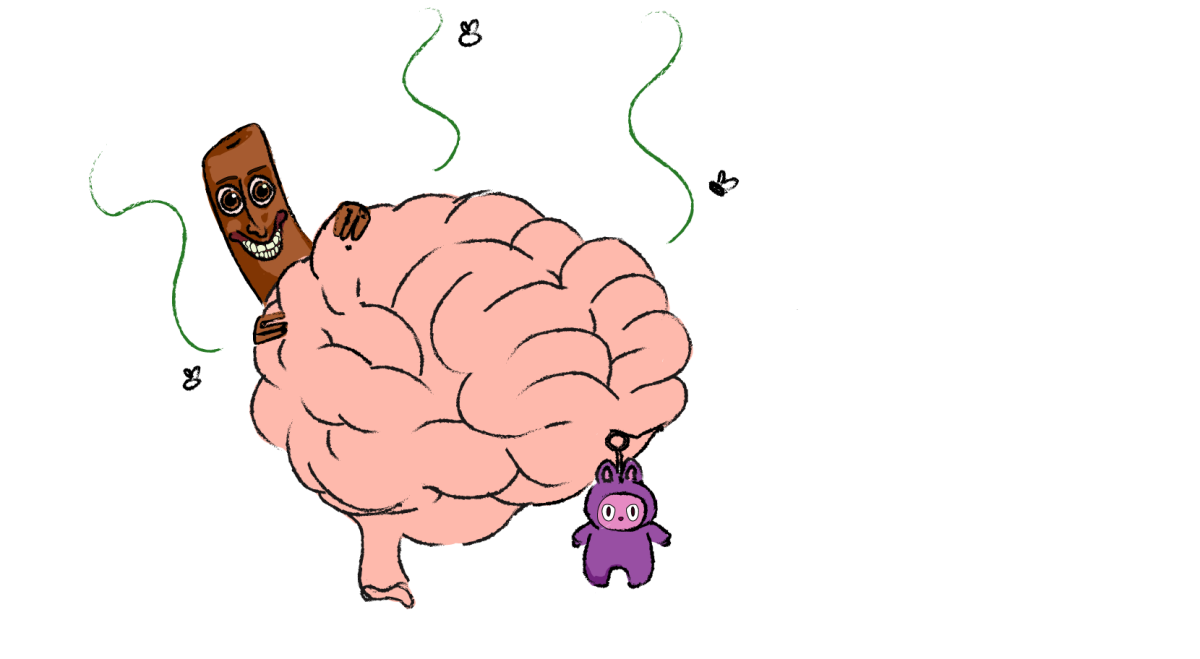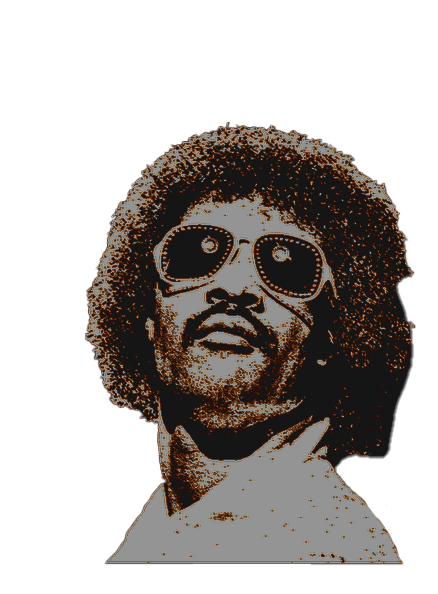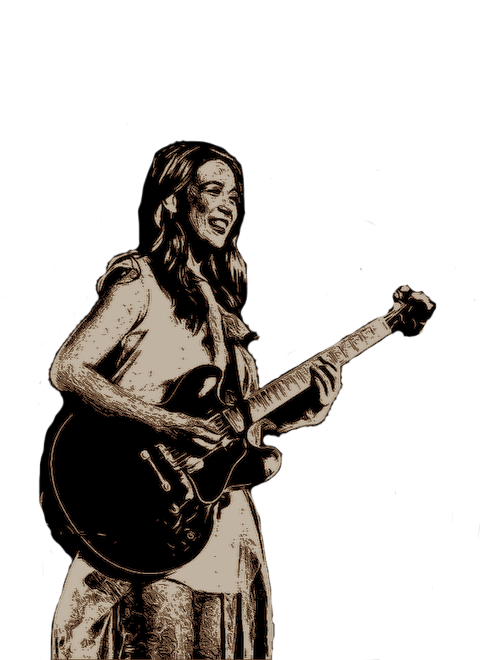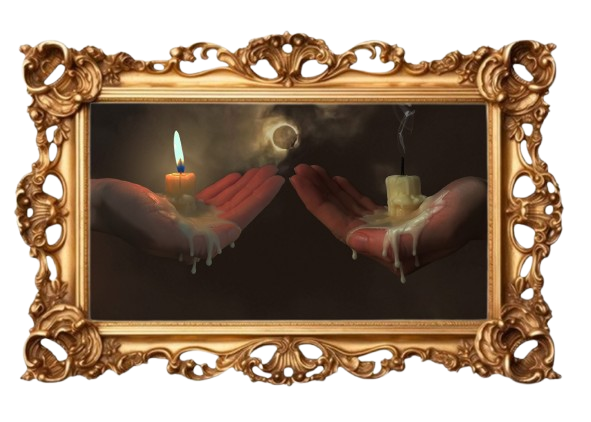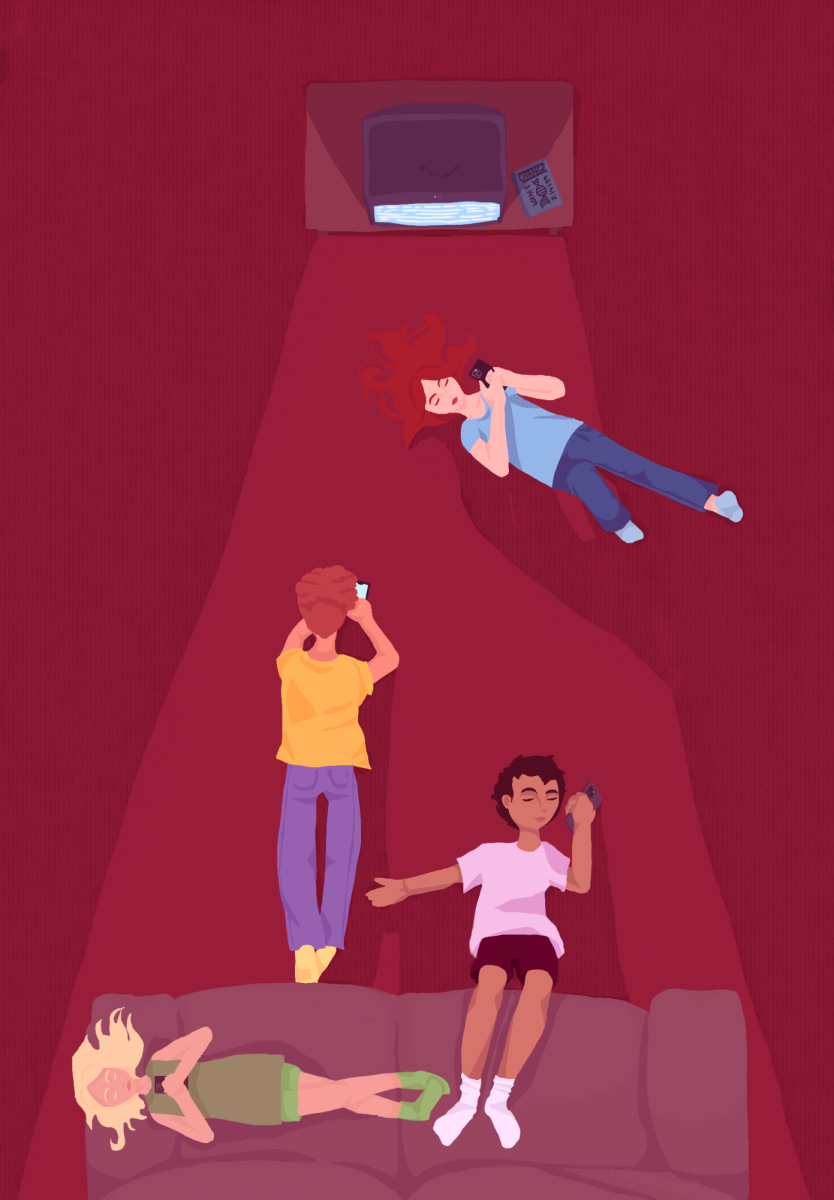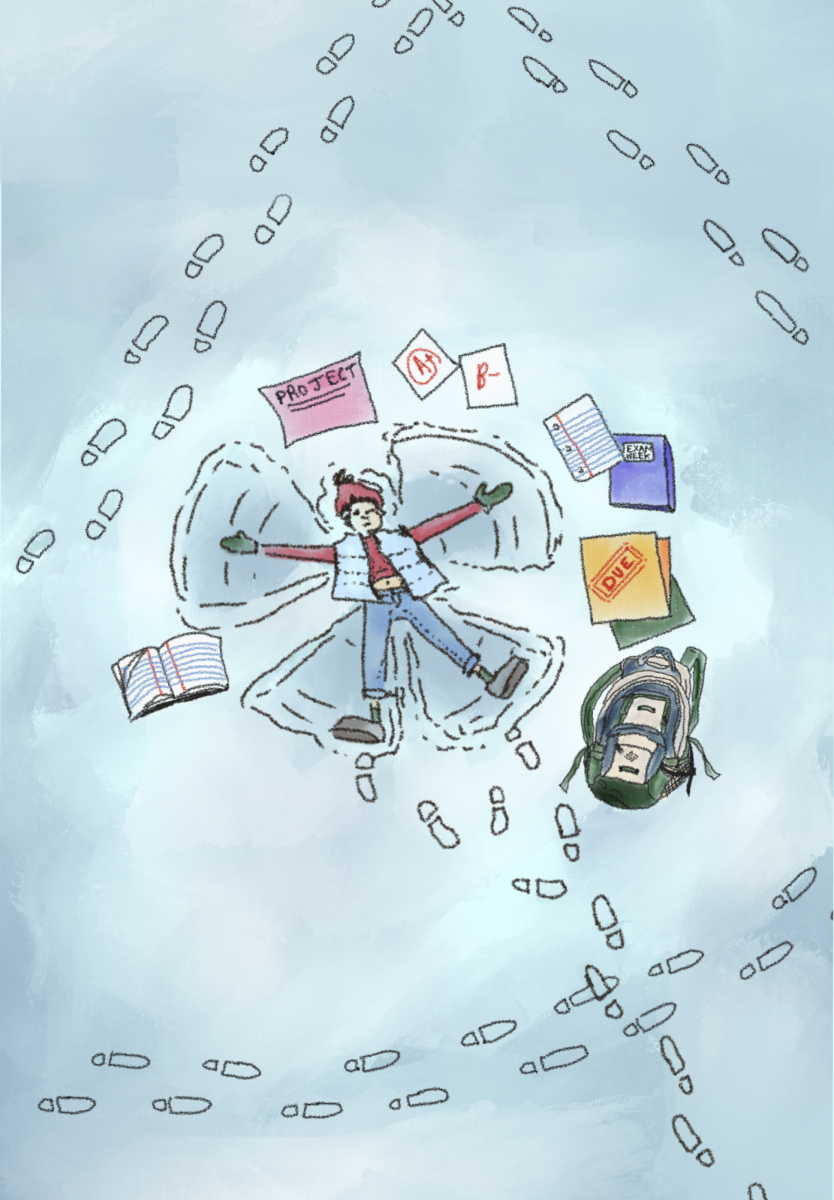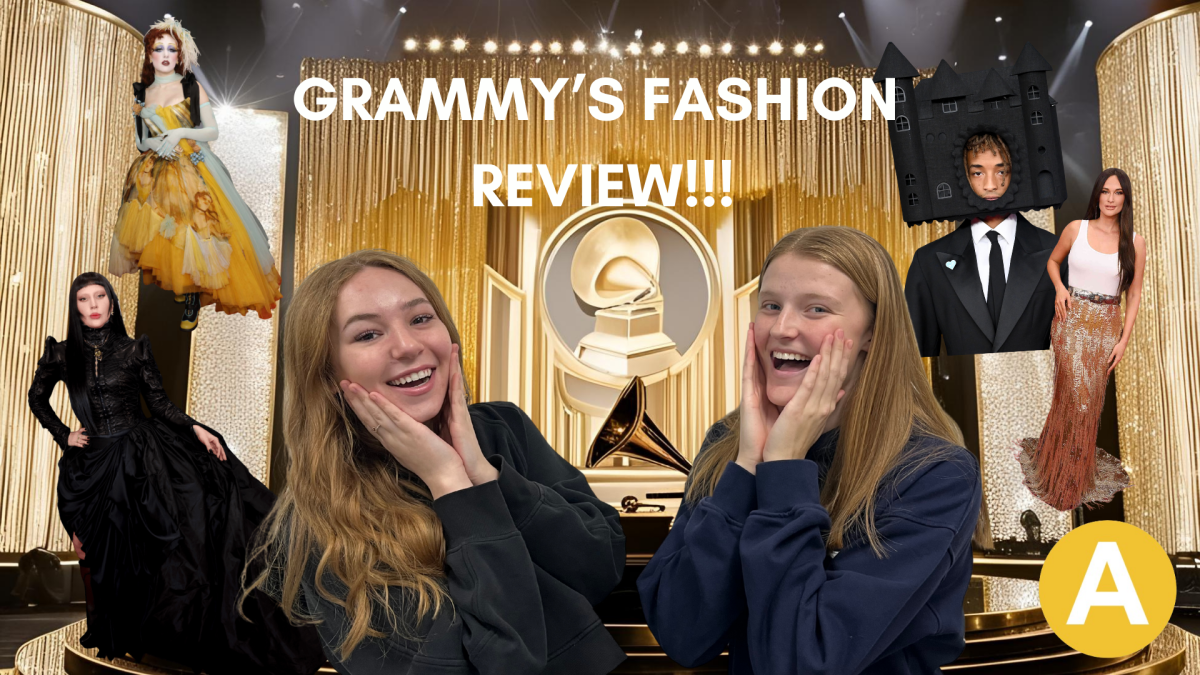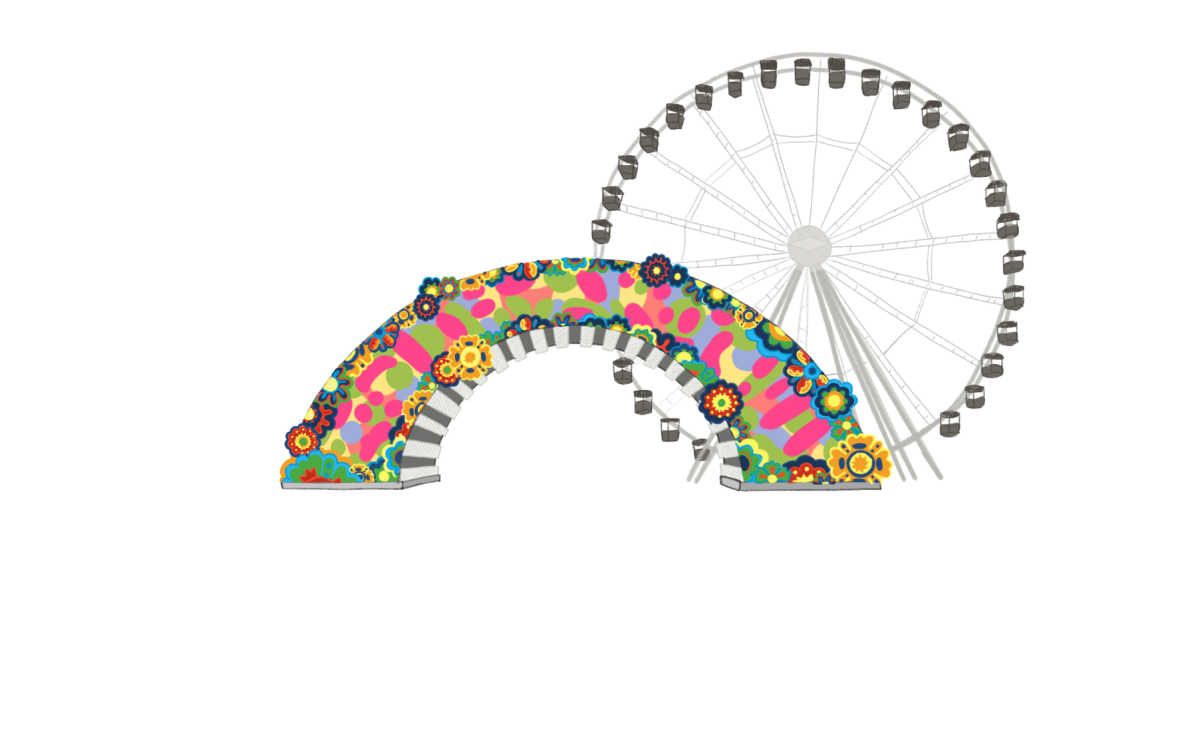The release of the movie adaption of Colleen Hoover’s “It Ends With Us” has elicited backlash towards both the author and marketing team. Critics of the film assert that the topic of domestic abuse was handled poorly and wrongly portrayed as romance. The promotion has been seen as especially problematic, based around light, floral imagery, in contrast with the heavier events in the story.
Stories written by Colleen Hoover have been criticized for containing oversimplified plots, romance and characters; however, recent criticism surrounding the author feels just as “surface-level” as her controversial writing.
“It Ends With Us” shouldn’t necessarily be praised or placed on a pedestal the way that it’s been for years since its initial release. However, the discourse that criticized Hoover for “portraying abuse as romance” appears as an oversimplification of her purpose in writing. It raises questions about what standard artists should be held to in terms of accurate representation—especially in literary spheres that are more centered around entertainment and emotional impact over having the most “empowering” message.
The author’s note at the end of the book entails physical abuse that Hoover witnessed as a child, and includes commentary about her purpose: “I write for entertainment purposes only. I don’t write to educate, persuade and inform.” Hoover then clarifies the intention in writing about this topic. “This was not entertainment for me. It was the most grueling thing I have ever written,” she said.
This explanation is given right in the pages of the book. Although I didn’t like the book, it is unfair to claim that it was “romanticized” when she has stated that it’s based on a personal experience.
Another main point of criticism is the promotion.
While disapproval towards a book that has pink floral graphics but contains domestic abuse is understandable at first glance, there is arguably a deeper purpose to it.
Juxtaposed flowers and darkness are a recurring theme. Lily Bloom, the protagonist, opens up a flower shop and decides to make it goth themed (black and purple flowers with silver chains). The “villainous side of flowers” is how it’s described in the book, and even the cover includes shattered flower petals. This is Hoover’s intentional symbolism. It isn’t a way to sugarcoat or make light of the events.
However, the message became misconstrued as the film–and the book–was promoted. It became focused on marketing and aesthetics over a possible deeper, abstract meaning. It seems clear that the marketing team did not take into consideration how this would be received as anywhere from tactless to offensive.
While the book and movie are inspired by Hoover’s personal experiences, it still contains simplistic plot points and absurd elements that her writing has become infamous for. The story includes diary entries to Ellen Degeneres, a gothic floral shop (even if it’s symbolism, it’s kind of ridiculous) and a main character named Lily Blossom Bloom who loves flowers. Aside from this, the overall plotline is weak and didn’t make for a great movie either. The dialogue made me want to never watch a movie again.
However, I tried to look for places where film “romanticized” abuse. The abuser’s actions were clearly reprehensible, not at all glamorized or condoned.
Bloom did not immediately recognize her husband’s violent nature; the realization happened gradually, showing the realities – deception, gaslighting – of an abusive relationship. Most importantly, Bloom leaves the relationship when she becomes aware of the gravity of her situation.
But in a broader context, how much is it an author’s role to be completely accurate and aware of the potential repercussions of their work, instead of having full creative liberty free from deeper responsibility? If they want to include such a serious topic into a story, should they assume the role of an activist?
The answers are ambivalent and nuanced, but accuracy is not always a writer’s innate responsibility. It’s fiction.
A novel is defined by Britannica as “an invented prose narrative…that deals imaginatively with human experience.” While social commentary can often be intertwined with literature, a creative individual does have the right to simply explore difficult topics.
It is unfair to announce that heavy issues are being “romanticized” just because they are portrayed artistically or included in creative work. Yes, I thought the book was boring, and I generally didn’t like reading it or watching the movie. But I find it unfair to paint Hoover as someone who tried to turn physical violence into romance.
In my opinion, the story just fell flat.
For an accurate depiction of abuse, look for books written by authors who did the research and wrote with the intention of educating their audience. These difficult topics are important, and there are definitely authors who handle them in a productive, educational way. Don’t be surprised and appalled that Colleen Hoover isn’t one of those authors.


